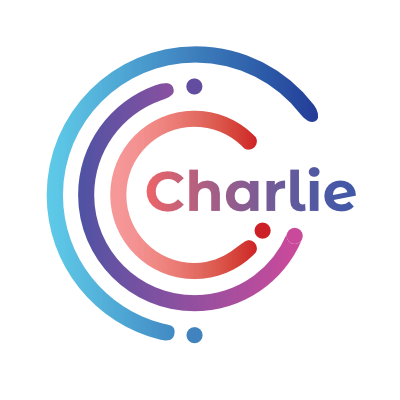
This blog post introduces the CHARLIE Consortium, a group of researchers dedicated to studying Pyridoxine-Dependent Epilepsy (PDE) and Glutaric Aciduria type 1 (GA 1), and highlights their efforts to gather insights through a needs assessment survey for patients and caregivers. It emphasizes the importance of community participation in shaping future research and treatment strategies for these rare metabolic disorders.
The CHARLIE Consortium: Pioneering Research in Pyridoxine-Dependent Epilepsy and Glutaric Aciduria Type 1
In the world of rare metabolic disorders, breakthroughs in understanding and treatment are essential. Pyridoxine-Dependent Epilepsy (PDE) and Glutaric Aciduria type 1 (GA 1) are two such conditions that have long required deeper research and improved care strategies. This brings us to the exciting work of the CHARLIE Consortium, a group of dedicated researchers who are making strides in this very direction.
What is the CHARLIE Consortium?
The CHARLIE Consortium stands for “CHAnging Rare disorders of LysInE metabolism.” This group, including notable researchers like Dr. Curtis Coughlin from the University of Colorado and Dr. Clara van Karnebeek and Dr. Hanka Dekker in the Netherlands, focuses on PDE and GA 1. Both of these conditions are disorders of lysine metabolism, and the Consortium is at the forefront of developing better treatment options for patients.
The Unique Approach of CHARLIE
The Consortium’s approach is multifaceted. They are not just looking at the medical or scientific aspects of these conditions but are also deeply involved in understanding patient needs. Their work is a blend of high-level research and ground-level patient interaction, which is crucial in the field of rare disorders.
The CHARLIE Consortium’s Needs Assessment Survey
In an effort to further understand the needs of PDE patients, the CHARLIE Consortium has developed a short needs assessment survey. This survey is a critical step in tailoring research and treatment approaches to the real-world experiences and needs of those affected by PDE. The survey, which can be found at CHARLIE Consortium Survey, is designed to be comprehensive yet not time-consuming, taking about 10 minutes to complete.
Who Can Participate?
The CHARLIE Consortium welcomes participation from both patients and parents/caregivers. Recognizing the diverse experiences within families, multiple submissions from a single family are encouraged. This inclusivity ensures a broad spectrum of insights, making the research more comprehensive and impactful.
Ensuring Privacy and Anonymity
Understanding the sensitivity of personal health information, the survey is anonymous and does not collect personal data. This approach respects the privacy of participants while allowing for the gathering of vital information that can influence future research and treatment strategies.
How Can You Help?
By participating in this survey, you contribute valuable information that can shape the future of treatment for PDE and GA 1. If you’re a patient, parent, or caregiver affected by these conditions, your input could be pivotal in changing the landscape of care and research.
For more information about the CHARLIE Consortium and their work, visit their website.
Disclaimer: This blog post is for informational purposes only and does not directly represent the CHARLIE Consortium or its members.
 Donate
Donate